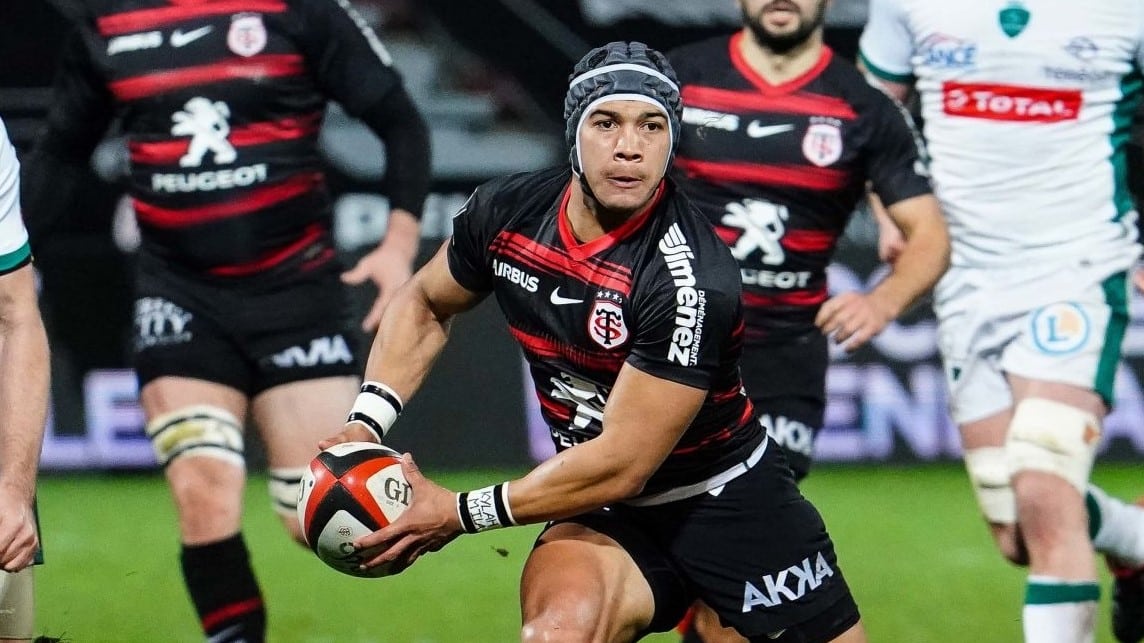Over the last few years, South African rugby fans have noticed a tendency for promising talents to pack their bags and head over to Europe instead of opting to ply their trade in the Rainbow Nation.
Some of the biggest names in South African rugby have gone over to the UK or France to end their career, but recent times have indicated that our players are making these moves earlier on in their careers, begging the question: what is South African rugby doing wrong?
There’s no doubting the fact that life in Europe is appealing, especially from the point of view of South Africans. For one, it’s safer, a topic on the mind of many South African rugby players after one of their peers, Werner Koch had the 7s jerseys he had acquired over the last few years stolen out of storage.
What’s more, is that European clubs are in a better position to offer more money, and in some cases, even more playing time. A common theme that seems to occur is that South African provincial teams, along with the Springboks appear to consistently opt for the same lineups week in and week out. If we take a look at the French or English national teams, you’ll see that in many cases, the teams that are picked in the beginning of the season can change quite considerably from the teams that are playing in tests later on in the year.
The same can be said for provincial teams in Europe’s top leagues. Teams like Saracens, London Irish, and Toulouse are all well known for experimenting with lineups, different combinations, and the like, in the spirit of healthy competition. The relevance this has to South Africa’s rugby talent drain is that South Africans are more likely to get their shot playing for European clubs than they are playing for South African clubs.
With over 200 South African rugby players playing abroad, this is something that South African provincial teams need to consider, as it’s quite clear that this is affecting the morale of players who are performing, yet continue to be used as “impact players”.
Even South African bookmakers have picked up on this, as South African teams who have had players from Europe return to South African teams have received better priced odds to win their upcoming games. This has been the case with the homecoming of some South African second row steel, such as Eben Etezebeth, Pieter-Stef Du Toit, and Lood De Jager.
What’s clear is that there are certain factors that can’t be controlled in an attempt to prevent a South African talent drain, but there are some factors that could be mitigated in order to try and keep South African players home.
For one, a different approach could be taken by coaching staff to ensure that players who have performed get more game time. Another issue is with regard to salaries, which although is a tricky subject to address, is one that needs to be considered if there’s hope to keep our boys home.





